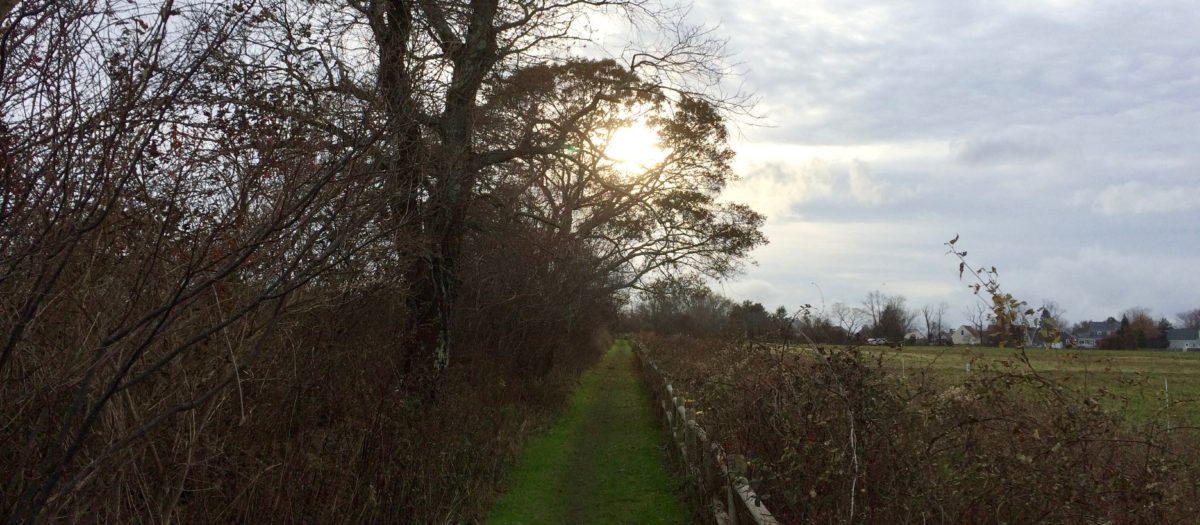I carry my sadness and losses with me always, even on my best days. Last Tuesday was, for me, a superb day. But on Monday, my friend’s father died. He was cool. He had skills. He was a furniture maker. Legit. He probably saved me, at some expense to himself, from hypothermia, in a Colorado September rain storm. On Wednesday, a young man underwent a medical procedure we all hope will save his life. He suffered to get ready for that procedure and he is suffering in recovery from it.
The events that cause our sorrow are often beyond our control and we can all agree that we wish we didn’t have to experience these things. But sadness gives us perspective to understand what we have. A few months ago, I wrote this note to myself: “The deaths are open wounds not scars. Each one increases the awareness and intensity of every next moment like editing a photo to make the colors more vibrant.” Then a few days ago I came across this article about sadness. The article doubles down on how sadness affects us. Sadness doesn’t just open us up to be more appreciative of the moments we have. Sadness creates a path towards compassion for others.
In our culture there seems to be a trend toward running away from discomfort. Our collective and individual tolerance for discomfort appears to be getting lower. But to live is to feel discomfort. To be able to recognize the difference between a minor discomfort and a more serious injury that requires attention is an important survival skill. Every discomfort is not serious and every discomfort can not be eliminated. Finding the ability to be comfortable with discomfort brings us one large step closer to finding some peace in our lives.
Deep sorrow and grief are real emotions that should not be written off as minor discomforts and should not be buried or hidden from either. Truly feeling grief and sorrow is an essential part of our experience as humans. To feel grief is to be human. It’s not really an exaggeration to state that one has not truly lived until one has grieved.
But as always there is a balance to be found. In our effort to eliminate discomfort we may be losing our ability not just to deal with small inconveniences as the small things that they are but also losing our ability to deal with real grief, depression, and anxiety in a healthy way. If we explode over every little slight or rush to get medical treatment for every bump, bruise or rash, we are overreacting to these inconveniences. Conversely, if we dive into our depression, anxiety, sorrow and grief, if we wallow in it, we will drown.
It is normal to feel sad just like it is normal to feel hunger. Feeling hunger does not mean that we are broken or in danger. Feeling sadness also does not mean there is anything “wrong” with us. Sadness is a notification that we care about what or who we lost. Sadness is a reminder that things are not and will not be the same. Just like hunger is resolved by eating, sadness is resolved by living. If we are so caught up in sadness that we feel like we can’t go on or can’t continue to enjoy each new day then we are looking backwards and need to turn our head around to face forward again. If we still live then we continue. We bring our sadness with us and it flavors our new days but we still have new days. The greater appreciation we can achieve for what and who we still have is the gift of sadness.
